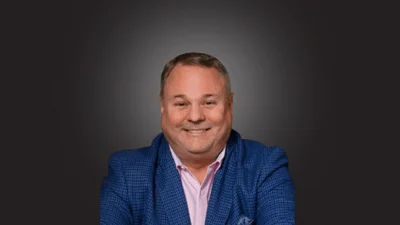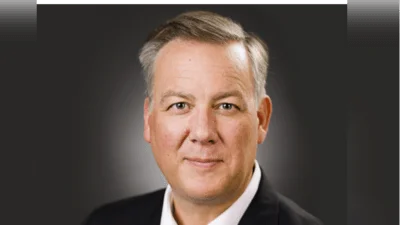Mr. Chairman, thank you for scheduling this bipartisan oversight hearing. Child welfare is a deeply important issue to me and to Chicago, and I am grateful that we are working together so closely to ensure effective implementation of the landmark new law, the Family First Prevention Services Act, or Family First.
Frederick Douglass admonished that it is easier to build strong children than to repair broken men. There are very few places that this lesson is more evident than in our troubled foster care system, which has historically provided help only when it was too late to keep families together.
When I ask foster youth what policymakers could do to make child welfare better, they almost always say: You could have helped my mom and dad. That is exactly what we tried to do in Family First.
I am proud of our work together to enact this law to fundamentally shift child welfare from separating families to strengthening them. But our work is not done until children and families receive the help they were promised. That is why we hold this hearing today and that is why we will continue our active involvement in its implementation.
Family First provides a number of opportunities to strengthen families and build strong children.
For families struggling with mental health, substance abuse, or parenting skills challenges, it will provide uncapped federal matching funds for state services to address those challenges and make foster care unnecessary. Importantly, these services are available to parents, children, and other family members. They are also available to youth in foster care who are pregnant, and those who are parents - both mothers and fathers -- to prevent the cycle from repeating.
To trigger the federal investment in these services, states will need to develop prevention plans and provide a state contribution. Child advocates, state and local officials, and state legislators have told us they have a number of questions that need to be answered so that they can do that. We will ask their questions today, and we hope to get answers that will support positive action.
Another aspect of the new law that is close to my heart is the opportunity to better support grandparents and other kinship caregivers. My Congressional District has the highest percentage of children living with grandparent caregivers in the nation. We know that if children can’t live safely with their parents, being with family is the next best option. But these kin caregivers need help and support. I commit to personally making sure that the new federal funding for kinship navigators provides services to all grandfamilies that need them and that states update their policies to involve and support kin.
The Department of Health and Human Services has already begun issuing policy guidance and soliciting applications for kinship navigator funds and Regional Partnership Grants to address family substance abuse that will be available even before the permanent prevention funding, but there is a great deal of work left to do.
I appreciate Jerry Milner being here today to answer our questions and his commitment to making the law a success. I look forward to continuing to work with the Administration as we move ahead on behalf of the families we represent.








